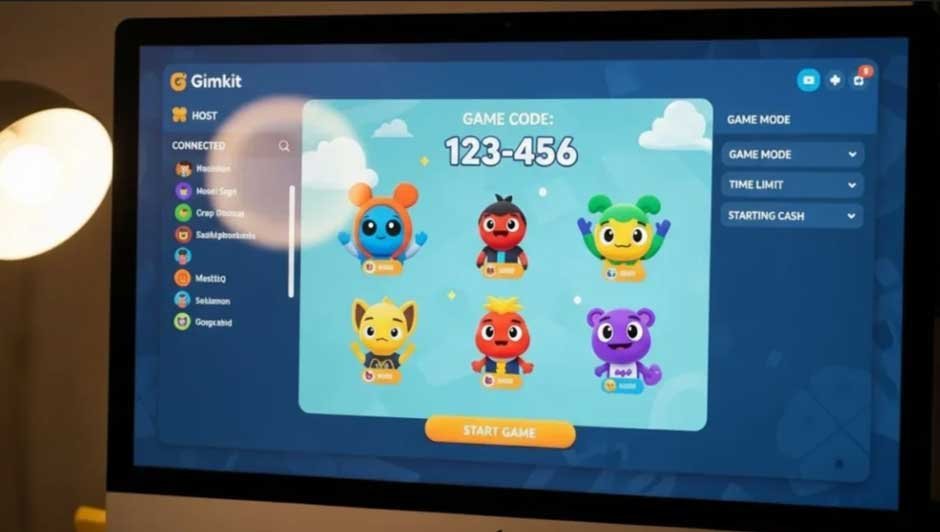For many working parents, the final school bell marks the beginning of a logistical battle: finding trustworthy and excellent child care. Since these hours help to define a child’s growth, well-being, and socialisation, selecting the right after-school offering is very important. It’s about much more than just monitoring; it’s about finding a stimulating and secure setting that feeds, inspires, and helps your child’s activities and interests to flourish. Knowing what to seek and which questions to ask will enable you to locate a program where your child is not only safe but also really flourishes, even if sorting through the options can be perplexing. Some basic recommendations in this manual will let you assess prospective after school club providers so your child has a great, rewarding experience.
Review the Physical Environment and Facilities
The experience is shaped by the environment under which the club functions. Observe your surroundings as you travel: is the structure tidy, safe, and maintained? See if there are larger spaces for active play and silent corners for homework or reading among the age-appropriate amenities. Given access to a secure outdoor area for physical play and adequate indoor space for several activities, is there enough room? A thoughtfully designed, interesting, and inviting setting is among the most crucial ones, allowing children to feel comfortable and interested after a challenging school day.
Give First Importance to Registration and Inspection Reports
Any UK caregiver tending to children under eight years old for more than two hours a day ought to be registered with Ofsted, the Office for Standards in Education, Children’s Services and Skills. To begin with, always verify a club’s registration. Better yet, peruse their most recent Ofsted evaluation. Highlighting strengths and areas where the club has room for improvement, these reports will offer an objective perspective on its calibre. Ratings of ‘Good’ or ‘Outstanding’ are a reliable indication of a well-run environment that has proved it satisfies strict safety, learning, and development criteria. This is the first and most important test for validity and excellence.
Evaluate Staff-to-Child Ratios and Qualifications
The quantity and calibre of the staff of a club define its safety and ambience. Inquire regarding the adult-to-child ratio; often, a lower ratio assures that your child receives more one-on-one attention and oversight. Additionally, you need to inquire regarding the qualifications and background of the staff. Do the workers have any experience in teaching or parenting? Are they qualified in paediatric first aid? A good and steady setting is one with a reliable staff of competent and experienced playworkers or teaching assistants. Seeing personnel interacting with youngsters during your visit tells you a lot; search for respect, warmth, and involvement.
Carefully Examine the Daily Organisation and Activities of the Programme
A good after-school club will be more than a holding pen. Request a sample schedule for a usual day. The curriculum should combine directed activities with free, kid-led play. Ideally, the curriculum would shift day to day and offer time for homework, artistic and creative work, physical activities, and silent reading. Better clubs offer programs to satisfy varied interests and energy levels: to relax after the school day while learning new interests and social skills in a context much less formal than the classroom.
Become Aware of the Standards Governing Behaviour and Safeguarding
Good providers will have documented rules on basic problems, including behaviour management and safeguarding (child protection). Request to view these is not something you ought to be afraid of. The protection policy outlines how the club makes sure kids are safe, as well as protocols about collection by specified adults. The behavioural policy is good in its approach, which might include incentives like praise and encouragement instead of punishments. Knowing these policies lets you trust that the club functions within a strong system to safeguard your child and fairly and efficiently handle any occurrences.
Conclusion:
The ideal after-school care option is a big one that affects your child’s daily experience and your level of confidence. Doing extensive research, asking perceptive questions, and trusting your intuition on visits will help you go beyond simple care to a genuinely rich environment. A good after-school club will be an extension of the encouraging, supportive household you provide, where your youngster is confident of being secure, cherished, and inspired to study and play, on which note, they may conclude their day.







